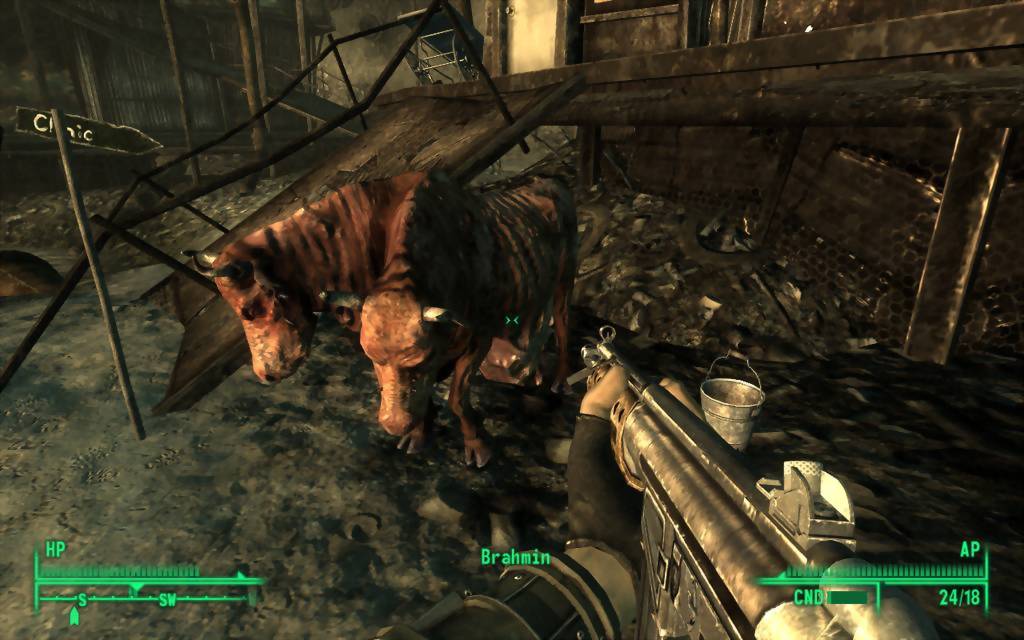What is Culturalization, and Why does it Matter for Your Video Game Sales?

What Languages Should I Localize my Web3 Game Into?
06/28/2022
How to Localize Your Game Marketing to Reach a Broader Global Audience
06/28/2022Picture this: you are a developer of a famous role-playing game series. Western audiences love your game, so you decide to further expand your global reach by localizing into multiple new languages. You invest in native localization teams. Your localization is perfect; nothing is lost in translation, and interest from the global market is high. Then, right before the release, your publisher in India forces you to pull the plug from releasing in that country’s market worth hundreds of millions in revenue. All of this happened because of a single, unchecked detail that might have caused a major backlash in the country. What happened?
You haven’t culturalized your game
We are referring to the story of the failed publication of Fallout 3 in India, which Microsoft India rejected out of concerns regarding the ‘Brahmin’ NPC. In the game, Brahmin is the name of a race of two-headed cows that can be killed and eaten if the player wishes so. In India, that also happens to be the name of a caste of spiritual leaders of the Hindu society, which furthermore considers cows sacred animals that should not be slaughtered. The publication of Fallout 3 in India could have created serious controversy if left unchecked. While no one except Bethesda and Microsoft knows how exactly this situation came to be, it is reasonable to assume culturalization wasn’t implemented during production.
Culturalization is the process of adapting the game to the culture of your target markets, and it’s a very different subject than localization. While good localization is always the first step to breaking into a new regional market, culturalization is the next step to ensure the game respects a certain market’s cultural and geopolitical characteristics. For example, in the case of Fallout 3, culturalization consultants would have probably suggested to game developer Bethesda replace the cow NPC with another fantastic animal and change the name to something free of religious significance. This would have spared publisher Microsoft from forcing their hand at the last minute and potentially missing millions of earnings.

Not culturalizing your game can have dire consequences
The decision to pull the plug on Fallout 3 in India was due to a time in history when retail sales and offline gaming were still predominant, making pre-launch patches nonviable. Therefore, you might think this was an exaggerated consequence that wouldn’t happen to any game today; you couldn’t be more wrong. For example, the Taiwanese indie game Devotion depicted a cartoon character, which detractors of the Chinese government often use to mock their leader. The consequence? Besides the obvious ban from their market, Chinese authorities made sure the game couldn’t be distributed on any major global platform. Valve had to remove the game from their store Steam to prevent compromising their relationship with Chinese regulators; GOG had to pull back on their distribution agreement right after announcing it due to “backlash from the Chinese gaming community.”
Given the nationality of the developers of Devotion, one might argue that this was an intentional provocation. Whether that’s the case or not, Chinese regulators implement notoriously strict rules for games published in their country: Besides prohibiting any content that might be considered disrespectful towards their government, nation, or culture, Chinese regulators often crack down on games containing any graphic violence, nudity, gambling or drugs – no matter how fictional. Such regulations are very vague, which means developers often go the extra mile to comply. For example, the Chinese version of World of Warcraft replaced every skeleton in the game with some more humanoid figures.

Restriction on graphic content is not just a Chinese “issue” by any meter. Germany, for example, used to ban games containing violence against human-like enemies. This resulted in developers applying self-censorship, sometimes in arguably funny ways. Remember the incredibly violent series Soldier of Fortune, known for its realistic simulation of body dismemberment? That’s not what the series is known for in Germany, as the developers changed the local version to replace every human in the game with robots that lose oil instead of blood. The “robotification” of enemies is not an isolated case. Games such as Command & Conquer: Generals or Half-Life had to “robotify” their characters as well.
Japan review board is also notoriously strict over graphic content, resulting in many games applying self-censorship of any nudity or excessively violent imagery.
Culturalization is not just about avoiding restrictions
So far, all the examples we mentioned are the worst possible consequences of not paying attention to the regulations and culture of the regions where you intend to release your game. But there are still several other ways in which not caring about culturalization can hurt your sales or, at the very least, convey unintended messages. To show a very recent example coming from the movie industry, take a look at the posters from Doctor Strange in the Multiverse of Madness. The one on the right is the North American release and the one on the left is the Italian one. Notice anything different?

Look at the hand of Doctor Strange: an entirely new gesture, as the “horns” symbol, is often considered an offensive one in some parts of the Mediterranean country.
How to have your game culturalized
Culturalization is an incredibly vast and complex subject, and this article just scratched its surface to give you a hint of its importance. If your game references cultures your team is not native to, culturalization is definitely a worthwhile investment to ensure your game release won’t cause any controversy by aggravating local customs.
If you wish to know more about culturalization services, GameScribes can put you in touch with experts on the subject. Reach out for a free consultation.






